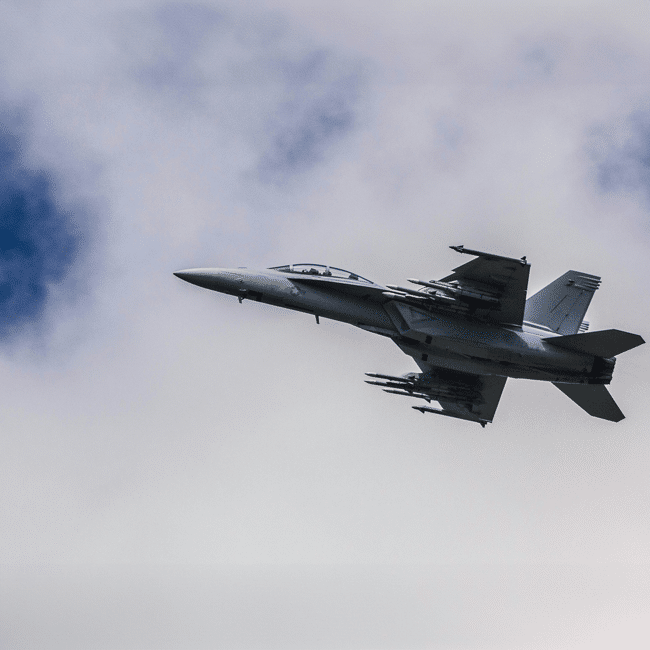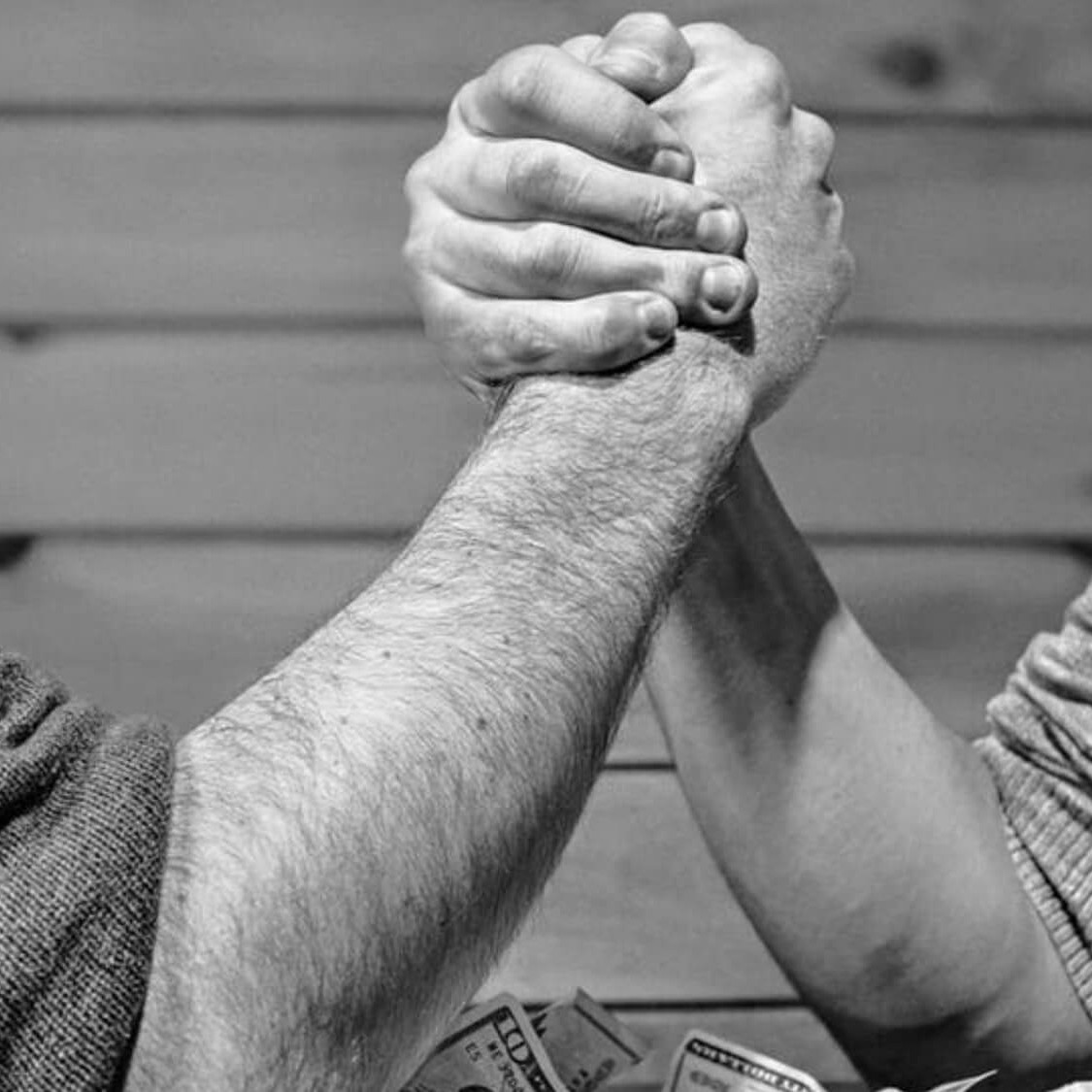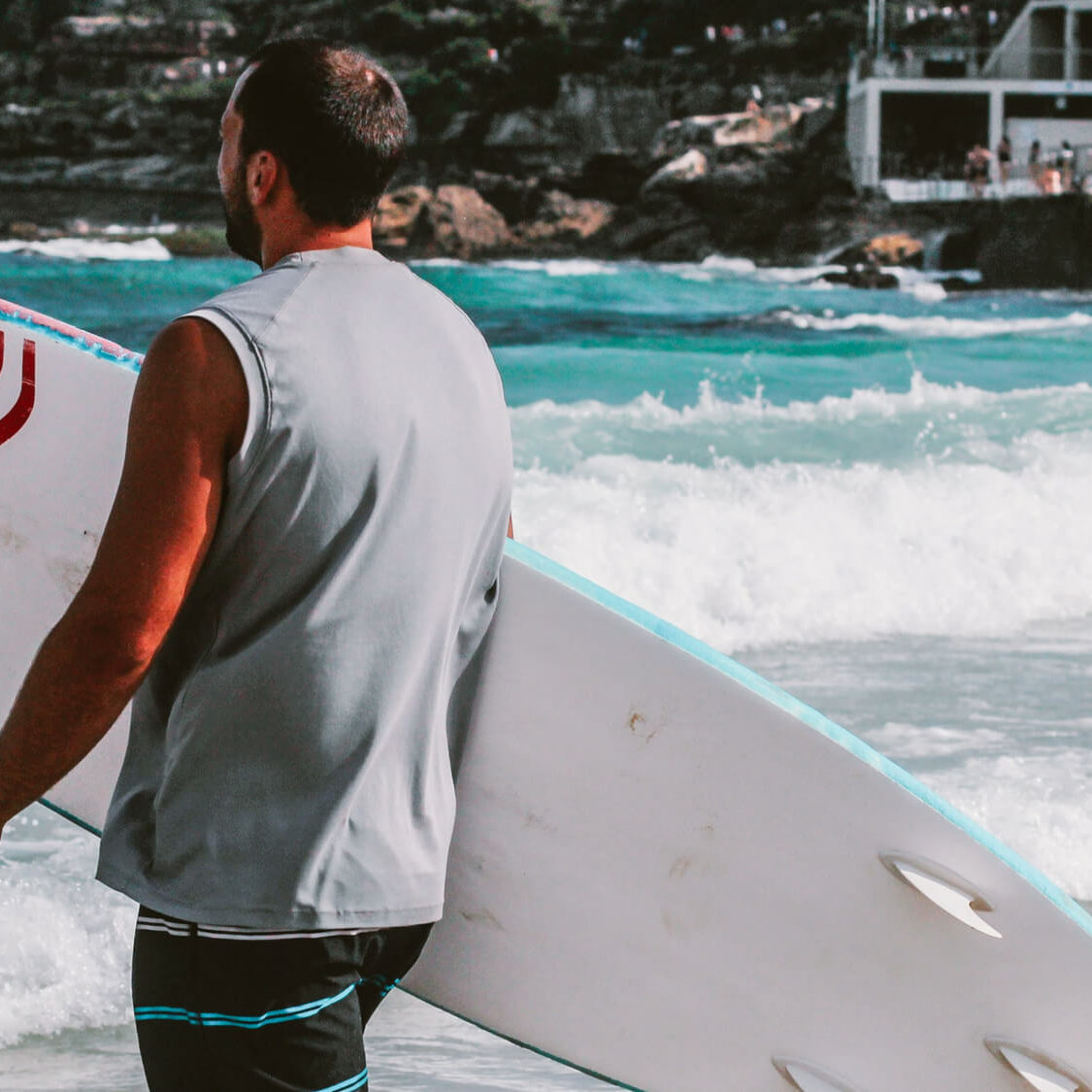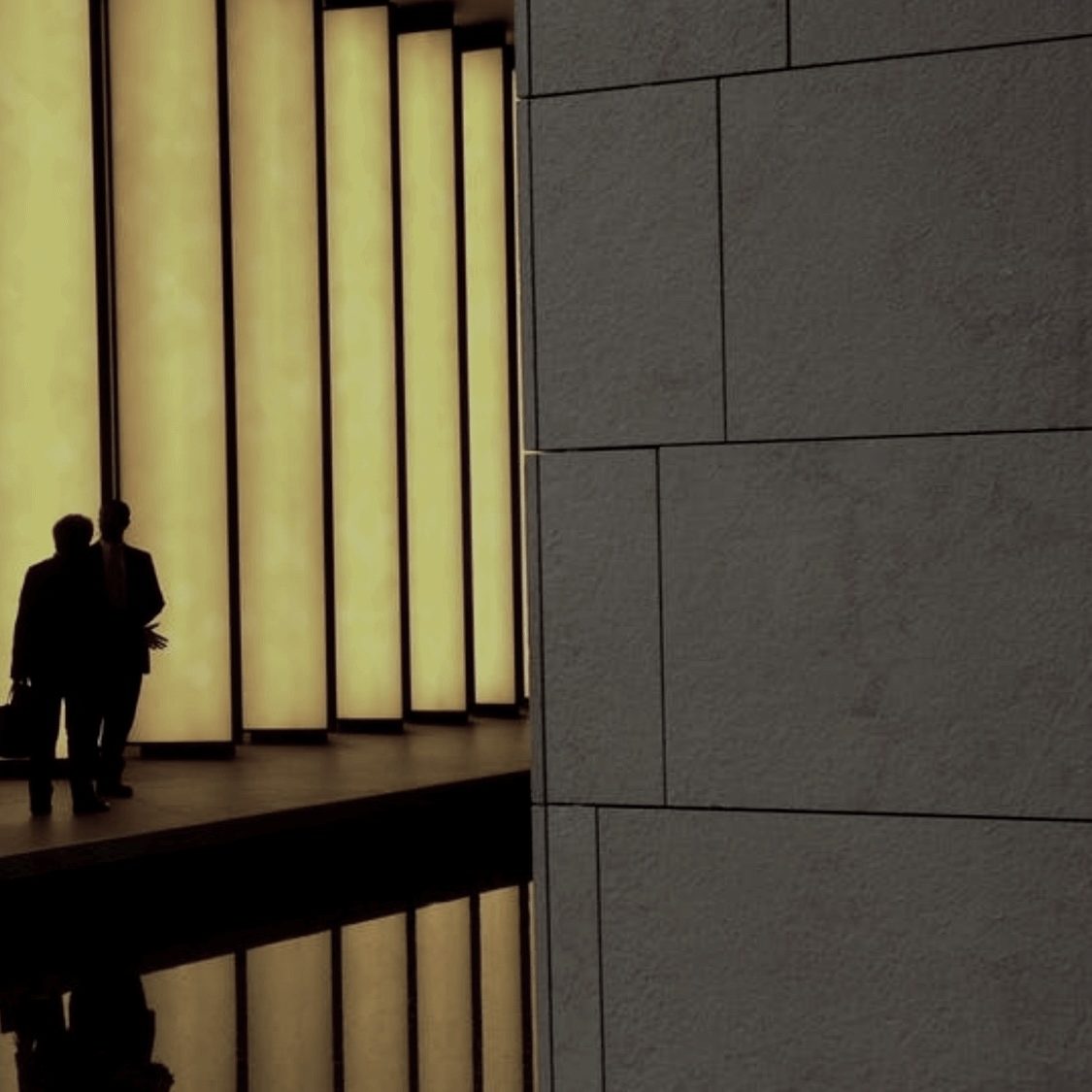
Australia Day: Change the date? Change the nation
Opinion + AnalysisClimate + EnvironmentPolitics + Human Rights
BY Karen Wyld 24 JAN 2019
Like clockwork, every January Australians question when is, or even if there is, an appropriate time to celebrate the nationhood of Australia.
Each year, a growing number of Australians acknowledge that the 26thof January is not an appropriate date for an inclusive celebration.
There are no sound reasons why the date shouldn’t be changed but there are plenty of reasons why the nation needs to change.
I’ve written about that date before, its origins and forgotten stories and recent almost-comical attempts to protect a public holiday. I choose not to repeat myself, because the date will change.
For many, the jingoism behind Australia Day is representative of a settler colonialism state that should not be preserved. A nation that is not, and has never been fair, free or young. So, I choose to put my energy into changing the nation. And I am not alone.
People are catching up and contributing their voices to the call to change the nation, but this is not a new discussion. On 26 January 1938, on the 150thanniversary of the British invasion of this continent, a group of Aboriginal people in NSW wrote a letter of protest, calling it a Day of Mourning. They asked the government to consider what that day meant to them, the First Peoples, and called for equality and justice.
Since 1938, the 26thof January continues to be commemorated as a Day of Mourning. The date is also known as Survival Day or Invasion Day to many. Whatever people choose to call that day, it is not a date suitable for rejoicing.
It was inconsiderate to have changed the date in 1994 to the 26th January. And, now the insensitivity is well known, it’s selfish not to change the date again. The only reasons I can fathom for opposition to changing the date is white privilege, or perhaps even racism.
These antiquated worldviews of white superiority will continue to haunt Australia until a critical mass has self reflected on power and privilege and whiteness, and acknowledges past and present injustices. I believe we’re almost there – which explains the frantic push back.
A belief in white righteousness quietened the voices of reason and fairness when the first fleet landed on the shores of this continent. And it enabled colonisers and settlers to participate in and/or witness without objection decades of massacres, land and resource theft, rape, cultural genocide and other acts of violence towards First Peoples.
The voice of whiteness is also found in present arguments, like when the violence of settlement is justified by what the British introduced. It is white superiority to insist science, language, religion, law and social structures of an invading force are benevolent gifts.
First Peoples already had functioning, sophisticated social structures, law, spiritual beliefs, science and technology. Combining eons of their own advances in science with long standing trade relations with Muslim neighbours, First Peoples were already on an enviable trajectory.
Tales of white benevolence, whether real or imagined, will not obliterate stories of what was stolen or lost. Social structures implanted by the new arrivals were not beneficial for First Peoples, who were barred from economic participation and denied genuine access to education, health and justice until approximately the 1970s.
Due to systemic racism, power and privilege, and social determinants, these introduced systems of justice, education and health still have entrenched access and equity barriers for Aboriginal and Torres Strait Islander people.
Changing the nation involves settler colonialists being more aware of the history of invasion and brutal settlement, as well as the continuing impact on Aboriginal and Torres Strait Islander peoples. It involves an active commitment to reform, which includes paying the rent.
The frontier wars did not result in victory for settler colonialists, because the fight is not over. The sovereignty of approximately 600 distinctly different cultural/language groups was never ceded. Despite generations of violence and interference from settler colonialists, First Peoples have not been defeated.
“You came here only recently, and you took our land away from us by force. You have almost exterminated our people, but there are enough of us remaining to expose the humbug of your claim, as white Australians, to be a civilised, progressive, kindly and humane nation.”
‘Aborigines Claim Citizen Rights!: A Statement of the Case for the Aborigines Progressive Associations’, The Publicist, 1938, p.3
Having lived on this continent for close to 80,000 years and surviving the violence of colonisation and ongoing injustices of non-Indigenous settlement, the voices of First Peoples cannot be dismissed. The fight for rights is not over.
The date will change. And, although it will take longer, the nation will change. There are enough still standing to lead this change – so all Australians can finally access the freedoms, equality and justice that Australia so proudly espouses.
Karen Wyld is an author, living by the coast in South Australia
MOST POPULAR
ArticlePOLITICS + HUMAN RIGHTS
Do states have a right to pre-emptive self-defence?
EssayBUSINESS + LEADERSHIP
Understanding the nature of conflicts of interest
ArticleBeing Human
The problem with Australian identity
EssayBUSINESS + LEADERSHIP



